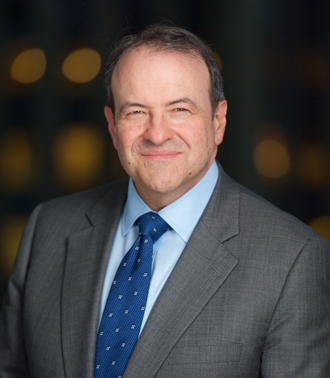This Article Could Ruin Your Qui Tam Suit: “News Media” in FCA’s Public Disclosure Bar Includes Blog Posts
In a recent decision, the Eleventh Circuit addressed an important issue under the public disclosure bar of the False Claims Act (FCA): Do online blog posts qualify as “news media”? In this case, the court answered the question with a resounding “yes.” United States ex rel. Jacobs v. JP Morgan Chase Bank, N.A., No. 22-10963, 2024 WL 3928931 (11th Cir. Aug. 26, 2024).
The qui tam action was brought by relator Bruce Jacobs, a Florida foreclosure attorney. Jacobs alleged that JP Morgan Chase, having acquired loan promissory notes from Washington Mutual before its collapse in 2008, concocted a scheme to forge endorsements on the notes to claim “hundreds of millions of dollars for loan servicing costs it incurred on the Washington Mutual loans.” The district court dismissed the lawsuit with prejudice on two grounds: (1) the complaint failed to plead fraud with sufficient particularity under Federal Rule of Civil Procedure 9(b); and (2) the suit was foreclosed under the public disclosure bar because substantially the same information that Jacobs alleged had already been published in three online blog articles.
The Eleventh Circuit affirmed the dismissal solely on the basis of the public disclosure bar. Applying the standard three-part test to determine whether the bar applies, the court asked: (1) whether the allegations had already been publicly disclosed in the news media; (2) whether the allegations in the complaint are substantially the same as those contained in the public disclosures; and (3) whether the relator is an original source of those allegations.
Answering the first question in the affirmative, the court wrote that the public disclosure bar’s “news media” category has “a broad sweep” and that “publicly available websites … intended to disseminate information … qualify.” One of the blog posts was from a “foreclosure information sharing site committed to saving homes from foreclosure”; the other two were from MFI-Miami, a website about mortgage fraud investigations. Because all three posts were on publicly available websites that billed themselves as disseminators of information to the public, the court held that it did not matter that the blog posts were “individual-run accounts that broadcast the personal views of their authors”; they still qualified as news media.
The court then quickly answered yes to the second inquiry, namely, whether the allegations were substantially the same. The Eleventh Circuit’s standard is a forgiving one, requiring only “significant overlap.” Although the blog posts did not specifically describe that JP Morgan had committed fraud under the FCA, the “content of these blog articles significantly overlaps with Jacobs’s allegations,” even “disclos[ing] details about a specific Washington Mutual employee named in the complaint.” The court gave short shrift to Jacobs’s argument that “substantially the same” means “identical,” describing the argument as illogical and foreclosed by both text and precedent.
Finally, the court considered whether Jacobs qualified as an “original source” if his “knowledge [] is independent of and materially adds to the publicly disclosed allegations.” To the extent Jacobs did make novel claims, the court thought those claims only supplemented — rather than “materially added to” — the core fraud hypothesis already advanced in the blog posts, making clear that relators who aspire to be original sources must provide more than merely complimentary or corroborative information. And the court rejected Jacobs’s argument that he was an original source because his information derived from his experience in his law practice. It is the actual information itself that matters for the purposes of the inquiry: Duplicative allegations will not suffice even if they are derived from a different source or authority.
This opinion is significant because as people continue to consume blog posts as a source of important and timely information — we at Qui Notes especially appreciate that point — it is important for courts to continue giving the public disclosure bar’s news media category a “broad sweep” beyond what people consider “traditional” forms of news media. Qui Notes will continue to monitor whether other circuit courts will follow suit.
© Arnold & Porter Kaye Scholer LLP 2024 All Rights Reserved. This Blog post is intended to be a general summary of the law and does not constitute legal advice. You should consult with counsel to determine applicable legal requirements in a specific fact situation.


